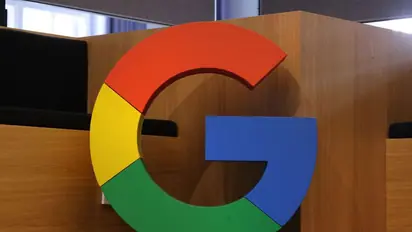Google announces roll out of passkeys for Android, Chrome users; know all about it

Synopsis
Passkeys are a safer alternative to passwords and other phishable forms of authentication. "They cannot be reused, don't leak in server breaches, and protect users from phishing attacks", the company said in a blog post.
For increased security, Google is introducing Passkey support for Chrome and Android. Passkeys are a more secure form of authentication than passwords and other easily cracked mechanisms. “They cannot be reused, don’t leak in server breaches, and protect users from phishing attacks", the company said in a blog post. The statement further said, "Passkeys are based on industry standards, operate on a variety of operating systems and browser ecosystems, and may be applied to both websites and mobile applications."
Passkeys improve on the existing experience of password autofill and adhere to user experience (UX) norms.
Passkeys are kept and synchronised across the cloud on users' phones and computers to prevent lockouts in the case of device loss. Users may use Passkeys stored on their phones to log into apps and websites on other nearby devices. Two important features are made possible by the key: on Android devices, users may create and utilise Passkeys that are securely synced with the Google Password Manager.
Also Read | Xiaomi to launch Redmi A1+ budget-friendly smartphone; all you need to know about it
A cryptographic private key, which is the foundation of Passkey, often only exists on the user's own devices, such as computers or smartphones. Only the relevant public key is saved by the web service when a Passkey is established.
The Google Password Manager for Android offers passkey backup and sync. This implies that passkeys generated on one Android device are accessible on the other if a user configures two Android devices with the same Google Account. This also holds true if a person is using many devices at once. The general availability of Passkey support on Android and Chrome will be available later this year.
Also Read | Mark Zuckerberg loses around 100 million plus followers on Facebook; know why
Find the latest Technology News covering Smartphone Updates, AI (Artificial Intelligence) breakthroughs, and innovations in space exploration. Stay updated on gadgets, apps, and digital trends with expert reviews, product comparisons, and tech insights. Download the Asianet News Official App from the Android Play Store and iPhone App Store for everything shaping the future of technology.